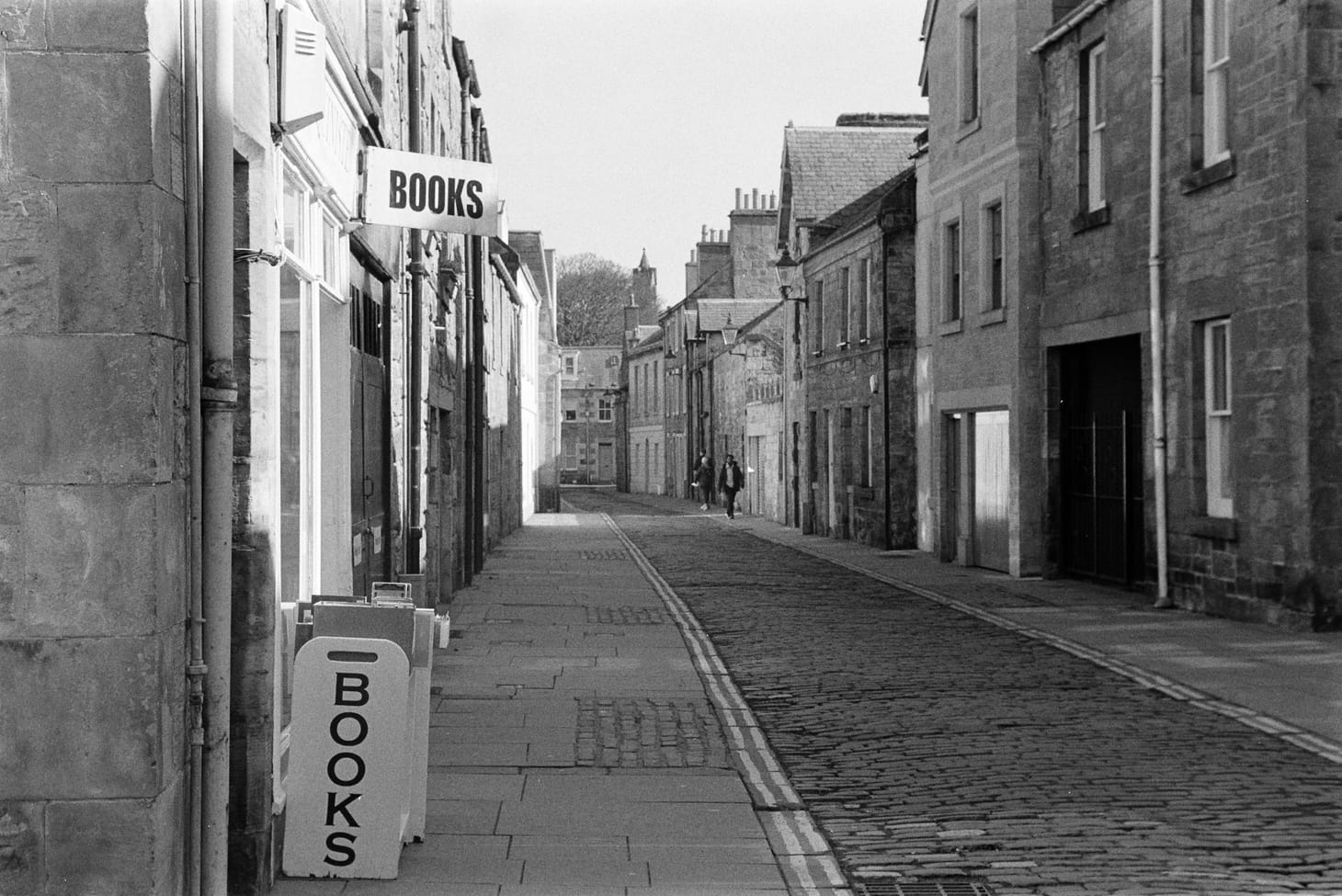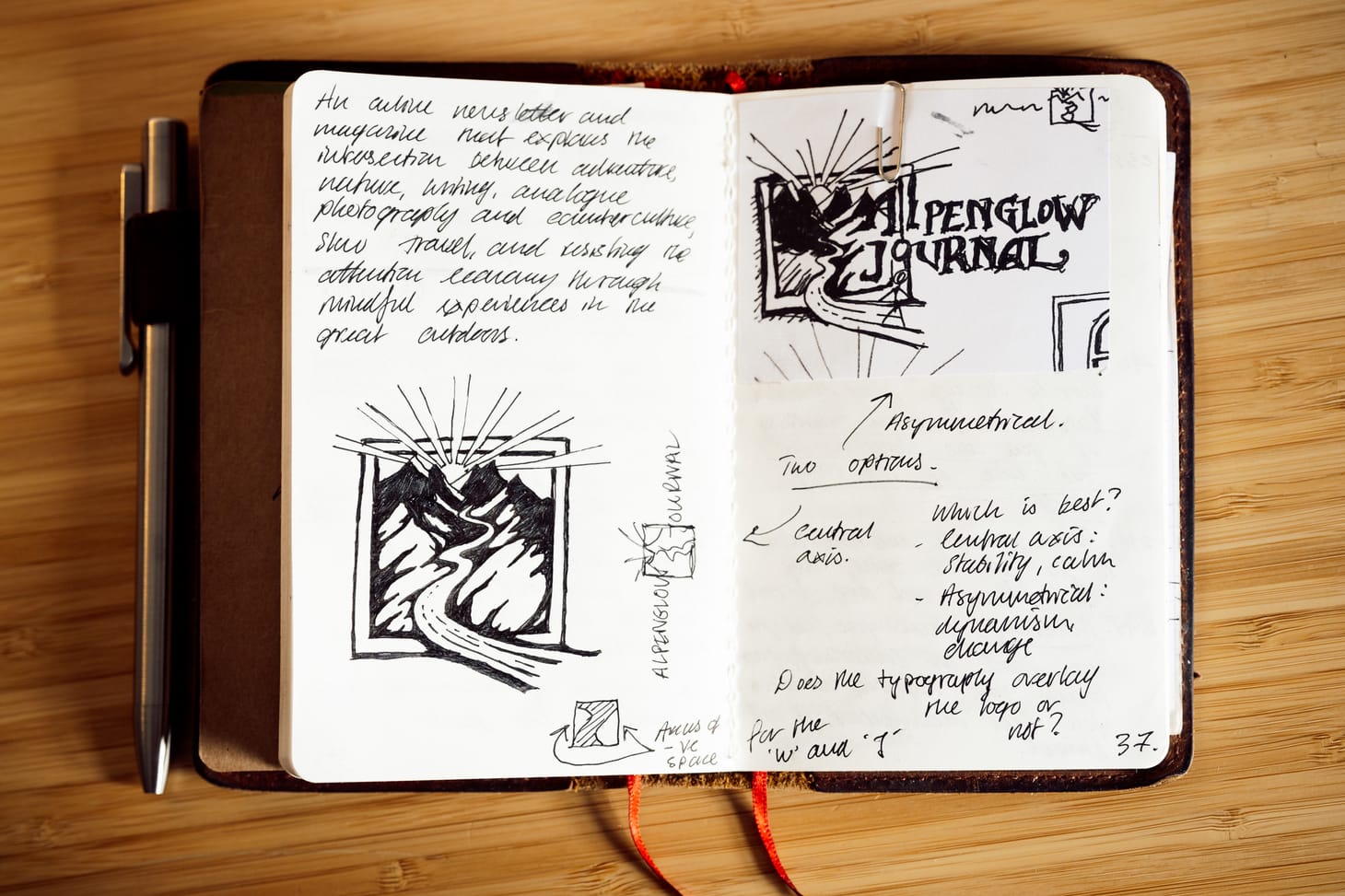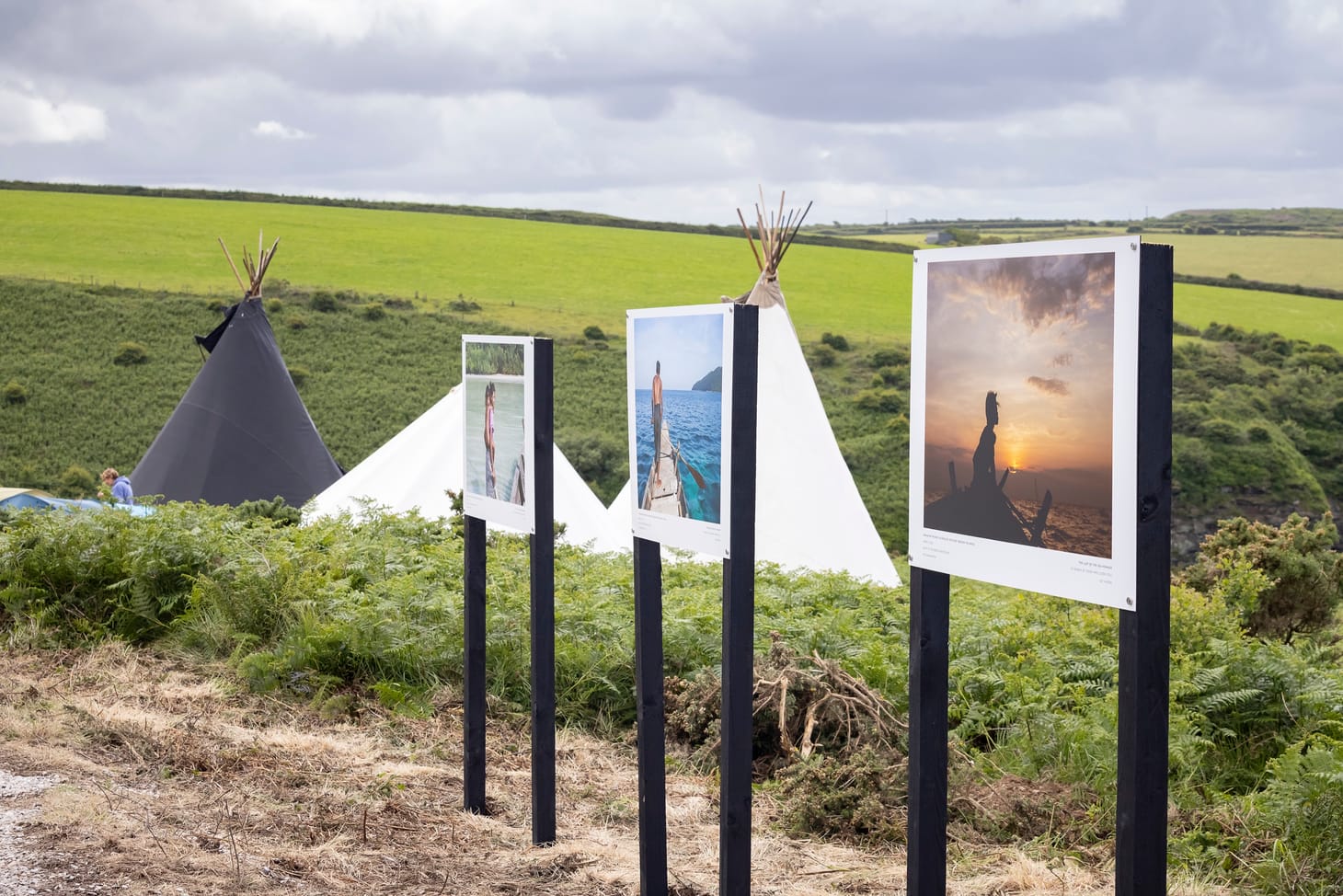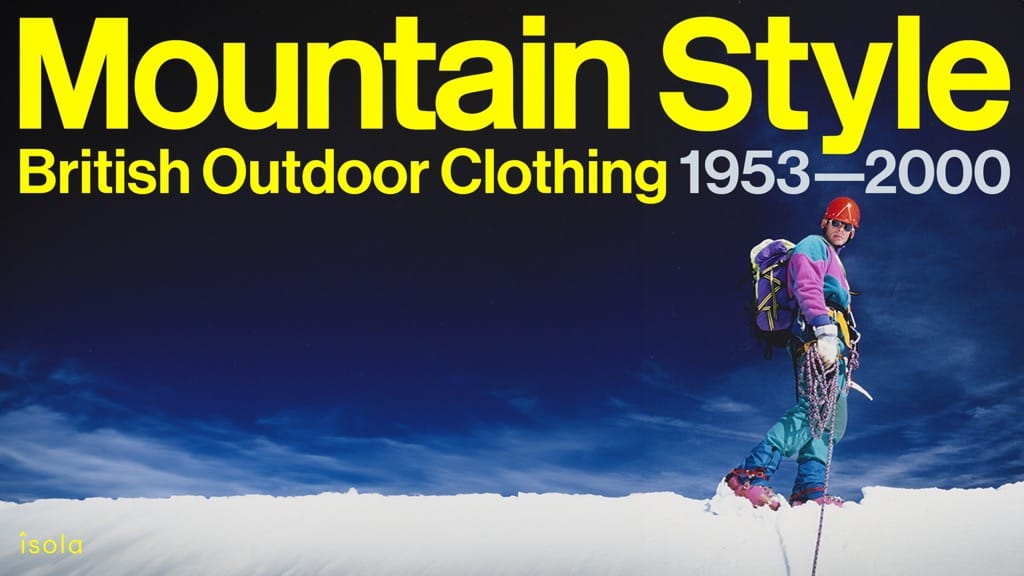Something I should have done years ago: ALCS (plus nebulous thoughts about writing as a lifelong vocation)

After years of telling myself 'I should really register for ALCS this year', I've finally managed to motivate myself to do it before the deadline (just). It's been an interesting exercise to see everything I've published since 2021 all in one place.
What is ALCS? The Authors' Licensing and and Collecting Society is an organisation working on behalf of writers to collect money they are entitled to when works are copied or used. From the website FAQ:
We make sure you receive the money you’re entitled to as a writer when someone copies or uses your work. We collect money from all over the world, then pay it to our members. So far we’ve paid a total of £700 million. ... The money we collect is for ‘secondary uses’ of their work – such as photocopies, cable retransmission, digital reproduction and educational recording. These sorts of rights typically bring in small amounts of money that are difficult for writers to monitor individually, so the most effective way to gather them is collectively. It takes tireless investigation, as well as experience and expertise. But nowadays, with the help of our bespoke IT systems, we can collect money from all over the world through agreements with over 55 different societies in more than 40 countries.
Many colleagues send information on their published work to ALCS annually. Money paid out by ALCS can vary a lot, but I know several people who earn thousands of pounds a year. The Outdoor Writers and Photographers Guild, of which I'm a member, notifies its members when the annual deadline is coming up, and every single year I think 'I should really get around to this'. And every single year the deadline whooshes past. But this year I decided to spend half a day going through my records and actually doing it.
You can file information on magazine articles up to three years old; there is no cut-off date on books. Today I've been going through my publication records and making a big ALCS-friendly spreadsheet with all the data points needed, ready for copying and pasting into the website. It's a pretty straightforward process and didn't take as long as I expected. I thought I'd have to upload complete PDFs of articles, but all you need are article title, publication, ISSN, year, estimated word count, and visual contributions (photos). The entry form is quick and easy to use.
The stats

Sometimes I catch myself thinking that I'm in a bit of a rut as a writer, that I'm nowhere near as successful or prolific as I ought to be. But seeing all this data in one place was a great antidote to that line of thinking. Obviously I'm not competing against anyone here, and success as a writer is a pretty ill-defined thing, but this exercise has made me feel a lot better about what I've achieved.
At the same time, I don't want this to come across as bragging in any way! Please take this in the spirit it's intended: a candid look at the raw data behind this writer's career, nothing more and nothing less. (Maybe if I'm brave enough I'll write another post about my earnings from writing over the last three years...)
I've published print articles in two different magazines over the last three years: The Great Outdoors and Sidetracked. ALCS is concerned with articles written, not edited, and currently only pays out funds for print publication. So these stats are exclusively articles I have written or ghostwritten, and only in print, not online.
TGO, 2021–present:
- 69 articles
- 90,264 words
- 221 photos
Sidetracked, 2021–present:
- 18 articles
- 31,630 words
- 1 photo
Added to that are my published books since the start of all this in 2012. The stats:
- 7 books
- 515,541 words
- 168 photos (including images published in books by other authors)
It waxes and wanes
Recently I've been thinking a lot about how writing is a lifelong vocation – and one that chooses you rather than you choosing it. That's the way it often seems to me, anyway.
Recently I wrote a long email to a friend I consider my writing mentor, and who has been with me on this journey since before I'd published a thing. Over the last 16 years we've chatted about the highs and lows of our careers many times. She is very much a career novelist, and her main genres are literary and historical fiction (you should read her latest release, which is destined for spectacular success, I'm certain). I'll share a couple of excerpts from my email that illustrate where my head was a few days ago.
Currently I have nothing on the horizon in terms of outdoor non-fiction (i.e. the kind of books that make money), but my personal sci-fi projects are ticking along slowly. I find it so important to keep these on the go. Stops me getting too jaded by the whole thing!
Recently I re-watched the BBC series Any Human Heart, based on the book by William Boyd (have you read it?). This always stuck in my mind as such a profound look at the vocation of writing throughout a writer's life, how it waxes and wanes, the big ups and multi-year downs, the little frustrations and joys. I think I needed to re-watch this again now. Reminded me that we’re always writing even when we don’t think we’re writing.
I've emphasised a couple of lines in the last bit that sum things up. If you haven't read Any Human Heart (or seen the BBC adaptation) then I'd recommend it, because it really does encapsulate what writing means over an entire human lifespan. The protagonist, Logan Mountstuart, spends most of his life thinking of himself as a failing, failed, or ex-writer. His friends (including Ernest Hemingway) are far more prolific and successful – yet ultimately the story Logan leaves behind is deeply profound.
My belief is that writing chooses us. When we're chosen we can't be unchosen. We're always writing, whether or not we are putting words down in any given manuscript.
Right now, as I take stock on the last three years and realise I've done more than I think – but not as much on the stories that matter as I would like – this is a lesson I needed to underline. Life is (hopefully) long, and the really important stories take time.
Alex Roddie Newsletter
Join the newsletter to receive the latest updates in your inbox.



